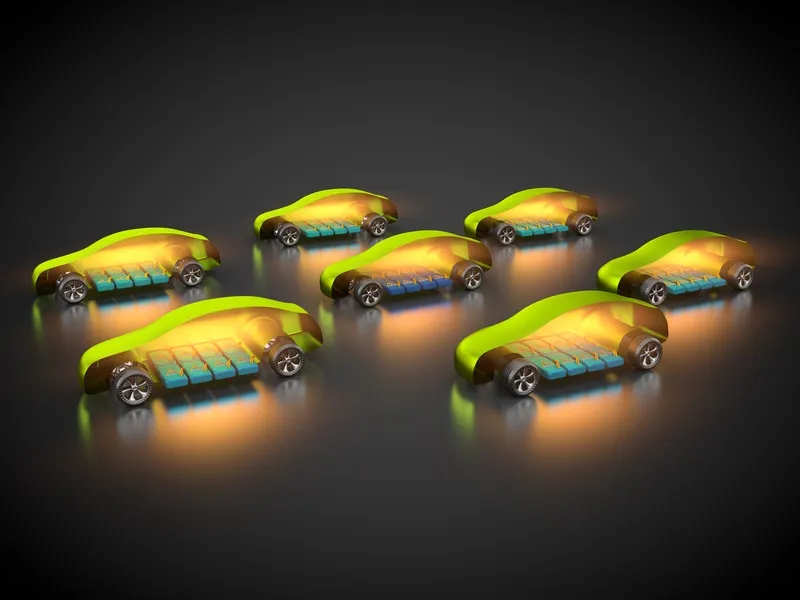Josh de Wit, a second-year mechanical engineering student from the University of Sussex, has won the Autocar-Courland Next Generation Award for 2016 with a concept that could dramatically reduce charging times for electric vehicles (EVs) and reduce the weight of their batteries.
Josh’s design harnesses the remarkable qualities of graphene, a form of pure carbon in sheets that are just one atom thick. A car battery made with stacked graphene, he says, would take far less time to charge, store more energy
December 8, 2016
Read time: 2 mins
Josh de Wit, a second-year mechanical engineering student from the University of Sussex, has won the Autocar-Courland Next Generation Award for 2016 with a concept that could dramatically reduce charging times for electric vehicles (EVs) and reduce the weight of their batteries.
Josh’s design harnesses the remarkable qualities of graphene, a form of pure carbon in sheets that are just one atom thick. A car battery made with stacked graphene, he says, would take far less time to charge, store more energy and be cheaper, stronger and lighter than existing products. This is because graphene is highly conductive, light and strong and far less would be needed.
Josh, who studies in the University’s School of Engineering and Informatics, is currently on placement with electric-motor company YASA. In the spring, he will begin a six-month work experience tour of some of the major automakers, including1683 Honda, 7998 Jaguar Land Rover, McLaren, 838 Nissan, Peugeot and 1686 Toyota.
He is also working with the University’s business incubator, Sussex Innovation, to develop a prototype and bring his stacked-graphene battery concept to market.
Josh’s design harnesses the remarkable qualities of graphene, a form of pure carbon in sheets that are just one atom thick. A car battery made with stacked graphene, he says, would take far less time to charge, store more energy and be cheaper, stronger and lighter than existing products. This is because graphene is highly conductive, light and strong and far less would be needed.
Josh, who studies in the University’s School of Engineering and Informatics, is currently on placement with electric-motor company YASA. In the spring, he will begin a six-month work experience tour of some of the major automakers, including
He is also working with the University’s business incubator, Sussex Innovation, to develop a prototype and bring his stacked-graphene battery concept to market.








